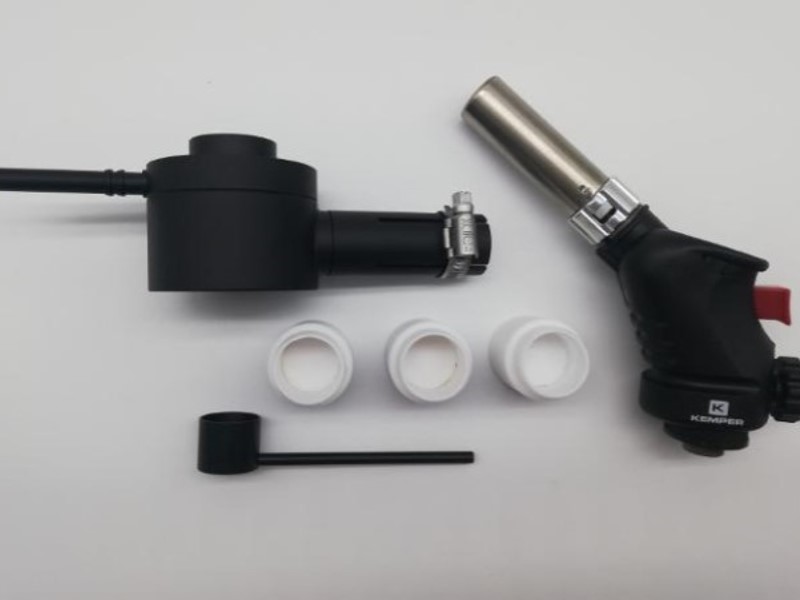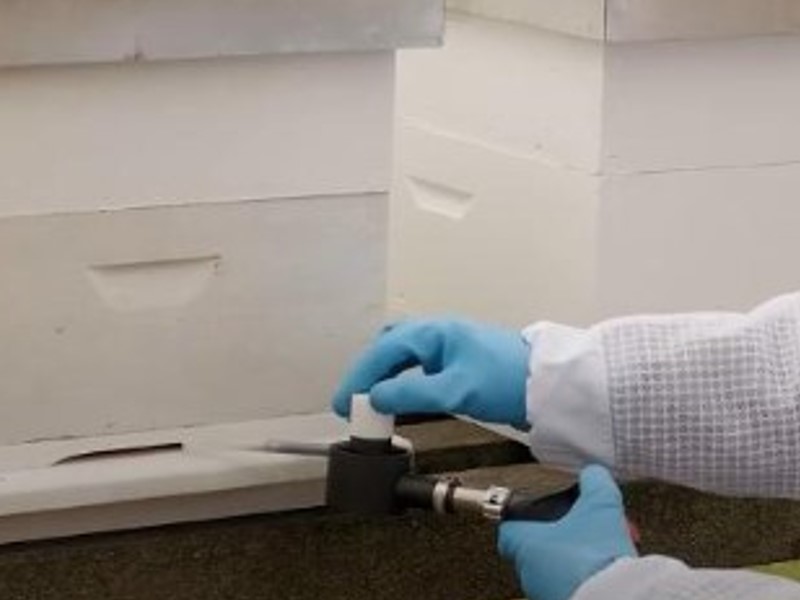Sustainable Varroa Mite Solutions to Protect Honeybee Populations
Honeybees play a crucial role in pollinating crops and maintaining biodiversity. Sadly, their populations have been declining worldwide due to various factors, including the disturbing effects of the Varroa destructor mite. As beekeepers and researchers seek sustainable Varroa mite solutions to combat this parasite, innovative approaches are emerging to protect honeybee colonies while preserving the health of our ecosystems.
Table of Contents:
The Problem with Varroa Mites
Varroa mites are external parasites that infest honeybee colonies. These pests feed on both adult bees and their brood. When left unmanaged, they tend to weaken the bees’ immune systems, transmit diseases, and eventually lead to colony collapse.
Traditional chemical treatments might have been effective to some extent. However, concerns regarding their impact on bee health and the environment highlight the urgent need for sustainable Varroa mite solutions.
Integrated Pest Management Strategies
One promising approach is Integrated Pest Management (IPM). It combines several methods to control pests while minimizing reliance on chemical treatments. Regarding Varroa mites, IPM strategies may include cultural practices such as drone brood removal, mechanical methods like screened bottom boards to disrupt mite reproduction, and biological controls, including introducing mite-resistant bee strains or predatory mites into colonies.
Breeding Resilient Bee Strains
The main goal of selective breeding programs is to develop honeybee strains with natural resistance to Varroa mites and other stressors. Beekeepers can cultivate colonies that exhibit grooming behavior or hygienic traits through careful breeding and genetic selection. This helps them effectively manage mite infestations without the need for chemical interventions. These efforts not only support bee health but also contribute to the long-term sustainability of beekeeping practices.
Innovative Technologies
Technological breakthroughs are also a driving force behind sustainable Varroa mite solutions. Researchers, for example, are exploring using infrared technology to detect and monitor mite infestations within beehives accurately.

The development of precision beekeeping tools also allows beekeepers to target treatments only as needed. It helps reduce the overall use of pesticides and minimizes environmental impact.
Natural Remedies and Essential Oils
More and more beekeepers are now including natural remedies and essential oils in their arsenal of tools against Varroa mites. Substances such as formic acid, oxalic acid, and thymol that are derived from plant sources are found to be effective in minimizing mite populations.
The good news is that they pose fewer risks to bee health and the environment. Integrating these natural treatments into hive management practices can help beekeepers sustain healthy colonies.
Community Engagement and Education
Educating beekeepers, farmers, and the community regarding the importance of bee health and the harsh effects of Varroa mites is critical for effectively implementing sustainable Varroa mite solutions.
Outreach programs, workshops, and online resources are vital in disseminating information about Varroa mite management practices and promoting eco-friendly beekeeping techniques.
Wrapping It Up
Sustainable Varroa mite solutions are critical for safeguarding honeybee populations and preserving the ecosystems they support. Embracing integrated pest management strategies, breeding resilient bee strains, leveraging innovative technologies, and promoting natural remedies will help beekeepers alleviate the impact of Varroa mites while promoting the long-term health and resilience of honeybee colonies. Through collaboration, education, and collective action, a sustainable future is guaranteed for bees and their important role in the environment.
